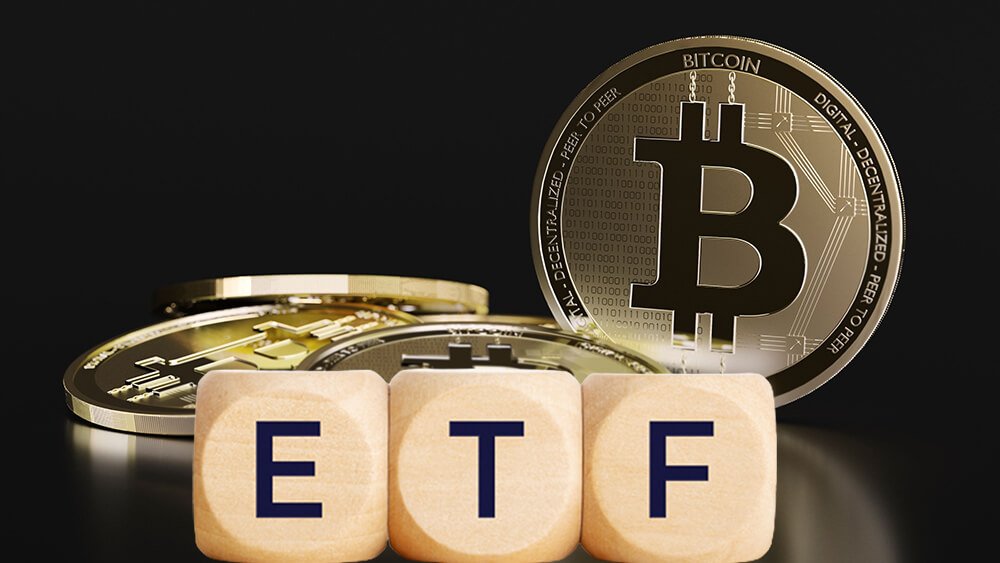The Securities and Exchange Commission (SEC) is leaning towards cash redemption models for spot Bitcoin ETFs as the January 10 deadline for approving these innovative ETFs draws near. Companies like BlackRock Inc. and ARK Invest are amending their filings to specify that their ETF redemption strategies will involve cash creations.
Recent filings indicate that the SEC is pushing for cash redemption models for these funds, marking a departure from the usual in-kind redemptions. This shift in approach is significant as it pertains to physically backed Bitcoin ETFs rather than Bitcoin futures contracts. Notably, BlackRock, ARK, and other entities have updated their filings from various in-kind redemption models to cash-based ones.
The SEC has previously turned down proposals for spot Bitcoin ETFs. However, an August U.S. appeals court ruling challenged the SEC’s stance, highlighting its error in denying Grayscale Investments the opportunity to transform its Grayscale Bitcoin Trust (GBTC) into an ETF. This legal development prompted the SEC to reassess its strategy on cryptocurrency, leading it to collaborate with around a dozen firms seeking approval for spot Bitcoin funds.
Distinguishing between In-Kind and Cash Redemption Models
The distinction between ETFs employing a cash redemption model versus an in-kind one may have implications on the fund’s cost structure. Typically, most exchange-traded funds use the in-kind redemption model, allowing issuers to exchange the ETF’s underlying assets with a market maker instead of engaging in cash transactions. According to Bryan Armour, an ETF analyst at Morningstar, a cash redemption model could incur higher transaction costs, potentially increasing the product’s expenses for investors.
Armour speculates that the SEC might want to avoid involving broker-dealers in Bitcoin transactions while maintaining oversight from the exchange to the fund level. This could explain the requirement for cash-based transactions, enabling the fund itself to manage buying and selling Bitcoin without broker-dealer involvement.
Previously, both BlackRock and Grayscale had proposed versions of an in-kind redemption model to the SEC. Notably, Hashdex, a Brazilian crypto investment firm, initially suggested a cash redemption model.
Matt Hougan, chief investment officer of Bitwise Asset Management, highlights that the insistence on cash redemptions isn’t necessarily a decisive factor in launching the first spot Bitcoin ETFs. He emphasizes that the key question remains whether an ETF will come to fruition, indicating that these intricacies might just represent the final yards in the process.









